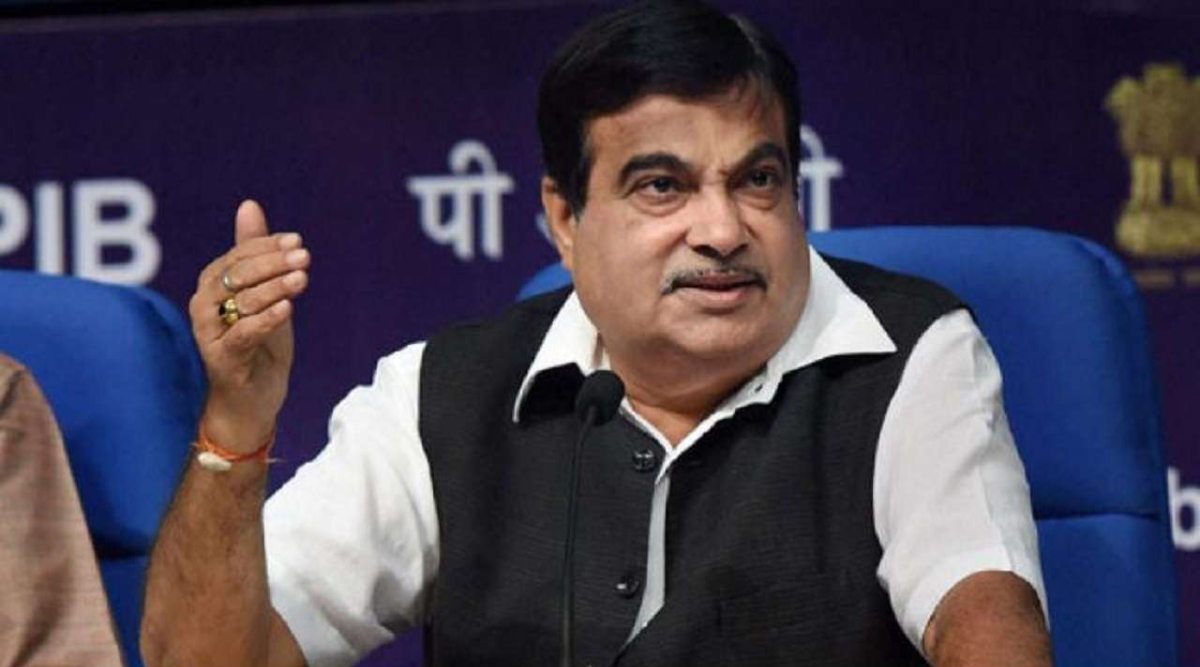2020 was a tough year. And so is 2021. Many businesses are forced to shut. Businesses that survived the wrath of 2020, couldn`t bear the disasters of 2021 and disappeared into the darkness of uncertainty and financial crisis.
Many companies had to take the difficult decision to lay off their employees while carrying the health concern for both their customers and families. What had the potential to be a great year quickly became another year of waiting for the worst to be over in India.
It’s no secret that the events have inflicted damage on the global economy. Many people are looking for new ventures to start on their own and a franchise business in India could be a golden opportunity for them.
According to a report published in Franchise India, “franchising in India has clocked the annual growth rate of 30% with market size of USD 7.2 billion. This makes India, the second-fastest-growing industry.”
If you are looking to start your own business, there are many franchise ideas for small towns and cities that are thriving even during an economic or pandemic crisis. Watch, Million Dollar Franchise Business During Covid 19, here:
Here are five reasons why you should consider franchising in 2021 and more years to come:
- Successful Franchise Business Creates Employment
Where many businesses had to shut down or reduce their workforce, many businesses like Bada Business continued to grow and were able to prosper, remain profitable, and even hired more workers. Many franchises of Bada Business had a stable and successful business system. With its premium quality content, services, and products, many franchises across the country witnessed a surge in their customers and continue to attract customers, even today.
- Franchise Business Provide Support & Structure
When you come up with a small business startup plan, you are on your own. From capital investment to sales & marketing, business strategies to business structure, you will have to figure out everything. On the other hand, when you take a franchise of an already established business, you are provided with a systematic approach, structure, and support system that is already successful. Franchise business in India is far less risky than a do-it-yourself endeavor.
- During a crisis, Franchisees are not Left Alone
As we said earlier, being a franchise partner of an already established and popular brand provides you with a solid team. They share effective business techniques and best practices to enable their franchise partner to tackle unexpected circumstances, which is way better than independent business owners who learn after spending years in the same business.
- Provides more opportunities to minimize Expenses
Purchasing inventory from a larger network helps the franchise partners to keep their expenses down. During a crisis of any kind, this also helps them to stay competitive. Franchise business partners also have an added advantage to stay upgraded and updated with the latest technology as the franchise brand provides them with new technology and software to help them stay ahead in the market.
- Provides name recognition
Taking a franchise of a well-established and popular brand comes with its perks. The topmost benefit is that even during the hard times a brand name has the upper hand and attracts customers automatically. As the customers already relate to a particular brand, their loyalty will bring them to your shop because of the brand value.
Any popular brand is known for its consistency, and quality, which results in a customer`s loyalty and confidence in the product or service. This simply means that you do not have to invest money in marketing and advertising, as customers already connect with the brand.
Owing to a business, be it a franchise business in India, or an independent business, demands a determined entrepreneurial spirit. Depending on the industry, each franchise business has different requirements. But in general, to run a successful business you need great leadership skills, strong organizational and communication skills, plus a willingness to understand a whole new world of business.
Many times, people who lack awareness regarding their career, also take help from a business motivational coach to understand the dynamics of business.
To know more about building a business from the scratch, you can take the ‘Entrepreneurship Course’.









